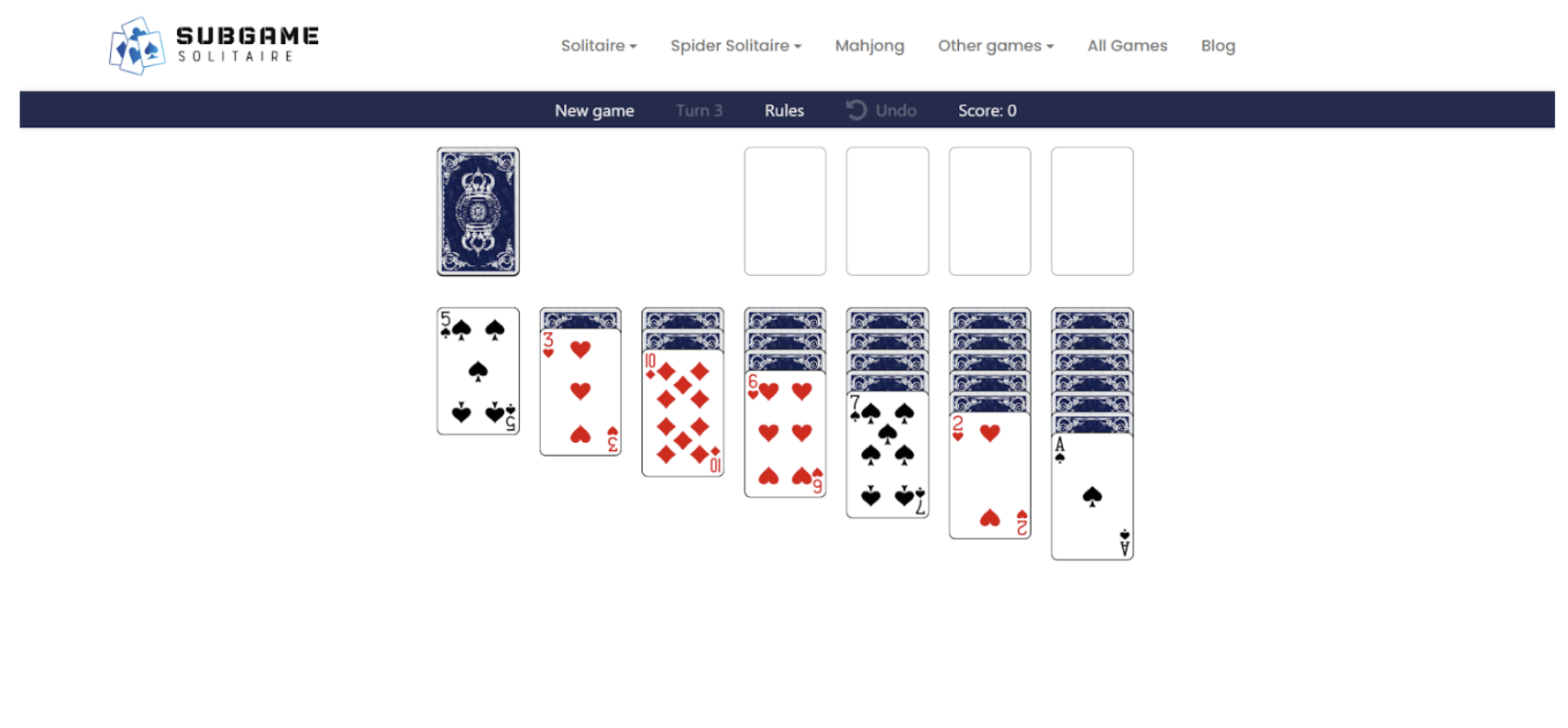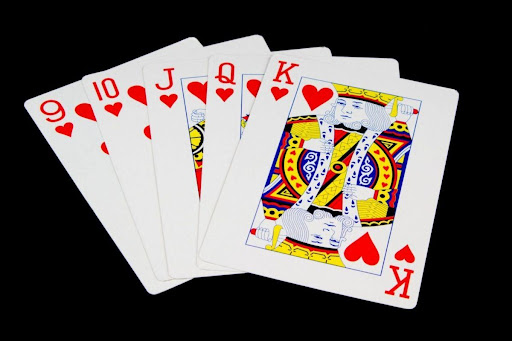The classic game of solitaire, whether played with a physical deck of cards or digitally, has been a popular pastime for centuries. While it may seem like just another card game, solitaire has an intriguing way of challenging the mind and developing cognitive skills, specifically logic. This article delves into how the strategic play of solitaire can enhance your business acumen. For those interested in putting their skills to the test, Subgame.org offers a range of solitaire games, providing an excellent platform for both beginners and experienced players.

Understanding Solitaire: More Than Just a Game
Before delving into the benefits, it’s important to understand the game itself. Solitaire, also known as patience, is a single-player card game that involves organizing cards in a specific sequence. The game requires planning, strategic decision-making, and problem-solving, all of which contribute to the development of logic.
The Basics of Playing Solitaire
The traditional game of solitaire, also known as Klondike solitaire, begins with the layout of the game. Seven piles of cards are dealt on the table; the first pile has one card, the second has two, and so on, until the seventh pile contains seven cards. Only the top card of each pile is revealed. The remaining deck forms a draw pile. The aim of the game is to build four foundation piles, each for one suit, in ascending order from Ace to King.
To play, you can move cards between the piles on the table, in descending order and alternating colors. If an uncovered card in a pile is moved, you can flip the next card. You can also flip cards from the draw pile to find more potential moves. Only Kings can be placed in an empty spot on the table. The game continues until all cards are placed in their respective foundation piles, or no more moves are possible.
Exploring Varieties of Solitaire
Solitaire is not a one-size-fits-all game; there are many different versions to choose from, each with its unique set of rules and strategies. Some of the more popular versions include:
- Spider Solitaire: This version uses two decks and involves creating a sequence of the same suit, from King down to Ace within the tableau – the columns of cards on the table.
- FreeCell Solitaire: A version of solitaire in which almost all deals are solvable. All cards are dealt into eight tableau piles with all cards visible at the start of the game, making it more a game of skill than luck.
- Pyramid Solitaire: In this version, the cards are arranged in a pyramid layout. The objective is to pair cards that add up to 13 and remove them from the board.
- TriPeaks Solitaire: Also known as Three Peaks, Tri Towers, or Triple Peaks, the game’s goal is to move all the cards from the three peaks into the waste pile, uncovering cards and using them in sequence.
Each of these variants presents its unique challenges and strategies, further enhancing the cognitive benefits of the game. They offer diverse opportunities to exercise strategic thinking, logic, and problem-solving skills, all of which can contribute to honing your business acumen.

Enhancing Logical Thinking
Patience and Planning
Successful solitaire requires patience and planning. Each move is consequential and needs to be thoughtfully considered to maintain potential winning sequences. Similarly, in business, you need to plan strategically, considering all options and consequences before making decisions.
Problem-Solving Skills
As a card game based on sequences, solitaire often presents the player with problems to solve – finding the optimal path to clearing the board. This active problem-solving strengthens your ability to see different possibilities, a skill that directly transfers to troubleshooting in a business context.
Developing Risk Assessment
Solitaire isn’t only about following the rules and moving in a linear direction. At times, it’s about taking risks. The player must assess the situation, consider the probabilities of different outcomes, and make a decision that could either make or break the game. This process is akin to risk management in business, a crucial skill for any entrepreneur or business leader.

Boosting Memory
Remembering the cards that have been played and predicting those that remain is a part of solitaire’s strategy. This necessity to keep track of information and predict future possibilities enhances memory skills. In the realm of business, a good memory can be incredibly beneficial for remembering details about clients, projects, or strategic plans.
Enhancing Multi-step Thinking
To win at solitaire, players must think multiple steps ahead, much like chess players. This capacity to envision and plan for different future scenarios is a valuable asset in business. It can help when devising long-term strategies, predicting market trends, or planning for growth.
Building Perseverance
Finally, solitaire builds perseverance. Not every game is a winning one, but each loss can provide insights into better strategies and approaches. This learned resilience is particularly beneficial in business, where setbacks are common but can serve as stepping stones towards success.
Conclusion: Strategic Play for Strategic Business
Solitaire might seem like simple entertainment, but it has potential benefits that extend far beyond the game. Its demands on patience, planning, problem-solving, risk assessment, memory, multi-step thinking, and perseverance mirror the demands of running a successful business. As such, spending time on this classic game could be more than just a fun pastime; it might be a stepping stone towards enhancing your business logic. So, next time you find yourself shuffling that deck or clicking on your digital game at Subgame, remember – you’re not just playing; you’re training your brain for success.
You may be interested in: How Solitaire Improves Your Cognitive Health

